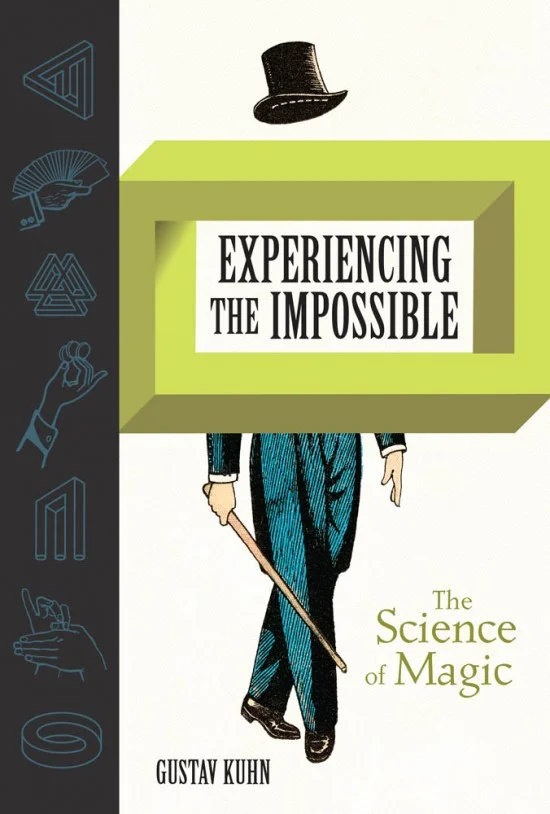Recently, Gustav Kuhn gave a talk at Google about his book Experiencing the Impossible: The Science of Magic. The talk begins with a demonstration of one of my all-time favourite tricks, “The Cups & Balls” and goes into a discussion of perception, blindspots, memory and how the mind puts it all together.
There is one great comment he lets slip casually that pretty much sums it all up:
“Intuitively we believe that if we’re looking at something, we should be able to see it.”
The questions period at the end is remarkable with the audience offering some wonderfully insightful questions with great answers as well.
Gustav Kuhn is the director of the MAGIC lab at the Department of Psychology at the Goldsmith University of London, where he uses magic to study a wide range of psychological questions, around consciousness, attention, perception, magical beliefs, deception and free will.
Experiencing the Impossible is available from fine booksellers everywhere.



